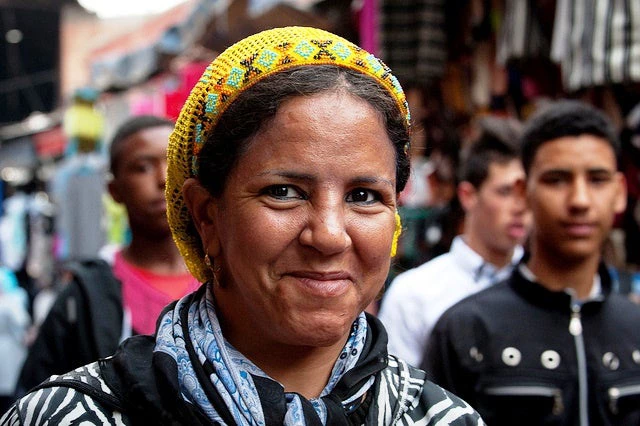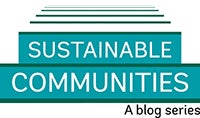
The sustainable development agenda adopted by world leaders in September 2015 set a series of ambitious goals to end poverty, ensure equal economic growth, and tackle climate change by 2030. Rising inequalities, especially in developing countries, remind us that if we want to achieve these goals, we need more inclusive policies which consider the needs of the most vulnerable and disadvantaged populations.
Policymakers are constantly trying to identify better solutions to address global challenges, and that implies considering different policy options, and making a choice that can benefit each group of the population, which sometimes is extremely difficult. Even well-designed policies might have adverse impacts, particularly on the poor and the most socially excluded groups. That is why we need evidence to support better policy decisions, and that’s when Poverty and Social Impact Analysis (PSIA) gets in the picture. What is exactly PSIA? The World Bank defines it as “an approach to assess the distributional and social impacts of policy reforms on the well-being of different groups of the population, in particular the poor and vulnerable.”
We asked development practitioners why they would recommend PSIA over any other instrument. The top three reasons that emerged from their answers were:
- It helps us understand who will be the winners and losers of a reform, specifically, which groups (women, poor, refugees, etc.) are likely to be most affected;
- It helps support evidence-based policymaking;
- It facilitates knowledge exchange and dialogue among government officials, donors, and other stakeholders, and gives them an understanding of the potential consequences of reforms.
A PSIA in Bhutan on the country’s Heritage Sites Bill informed a significant policy shift by expanding Bhutan’s definition of cultural heritage beyond monuments to embrace a wider range of historical assets, including local communities and their lifestyles, and to promote a more equal socioeconomic development. By doing so, the provisions of the Bill are expected to have far-reaching implications for society while striking a good balance between preserving Bhutan’s valued heritage and accommodating youth’s aspirations.
In Moldova, another PSIA examined eight regions of the country which were to be the most affected by school closures with the initial implementation of the School Network Optimization reform. The PSIA collected data from over 66,000 students, which helped inform the Ministry of Education on the potential impact of the reform and recommended mitigation measures to address potential risks. The study was scaled-up nationwide by the Ministry, and became a catalyst for the development of the student-level Education Management Information System.
As Jordan faces high levels of youth employment (19% of men and 48% of women between 19 and 24 years old are unemployed), a PSIA studied the impacts of a pilot project on labor market outcomes for young people. Specifically, it examined the effects of a randomized experiment designed to help young women graduates find a job by testing two interventions: employability skills training for a group of young graduates, and a short-term incentive for employers through a voucher if they hired the graduates. The study found that wage subsidies can help increase youth employment in the short run, but are not a solution for the issues of high urban female youth employment. It also suggested a potential scaled-up model of the voucher intervention, with recommendations on proper implementation, monitoring and evaluation.
These are just a few examples of how evidence and analysis from the PSIA can innovate and help shape better policy reforms. This type of analysis goes back to the late 1980s, but gained more visibility over the past six years, thanks to the establishment of a multi-donor trust fund, which received contributions by five donor countries. From 2010 to present, the PSIA Multi-Donor Trust Fund has supported 240 projects in more than 85 countries in various sectors such as human development, natural resource management, climate change, education, etc. The trust fund, coming to an end soon, played an essential role not only in raising awareness on PSIA, but also in sharing knowledge about innovative methods for analysis.
“ PSIA is very helpful in trying to get policymakers and citizens to understand how policy can change things for the better, and see where the poverty trends are headed up to 2030.” Mthuli Ncube, Professor of Public Policy, University of Oxford
If knowledge is key to raise awareness and spur action on global issues, evidence is essential to drive policymakers in the right direction. From legislation and initial planning, to design and implementation, evidence should be always integrated, and not left at the end of the process when consequences — positive or negative — have already spread. In this way, even vulnerable groups who are often excluded from the decision-making process will have a voice, and there would be a more proactive and inclusive policy dialogue.



Join the Conversation